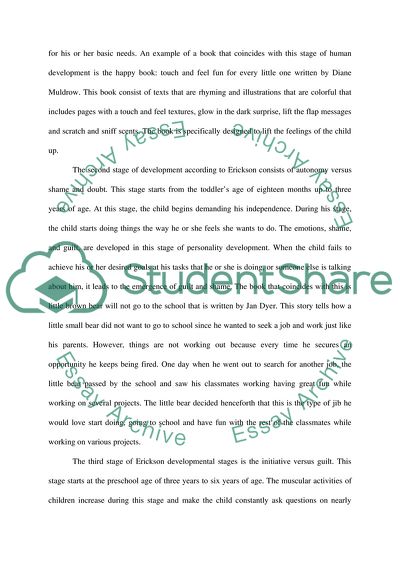Cite this document
(“Eriksons stages of personality development Assignment”, n.d.)
Retrieved from https://studentshare.org/psychology/1688179-eriksons-stages-of-personality-development
Retrieved from https://studentshare.org/psychology/1688179-eriksons-stages-of-personality-development
(Eriksons Stages of Personality Development Assignment)
https://studentshare.org/psychology/1688179-eriksons-stages-of-personality-development.
https://studentshare.org/psychology/1688179-eriksons-stages-of-personality-development.
“Eriksons Stages of Personality Development Assignment”, n.d. https://studentshare.org/psychology/1688179-eriksons-stages-of-personality-development.


